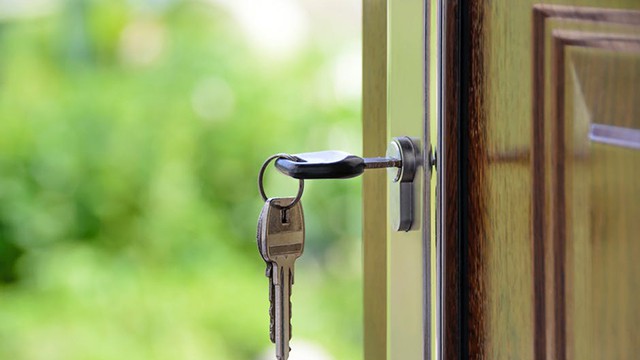New Report Indicates Mississauga is at Risk of Housing Bubble
Published February 21, 2018 at 7:08 pm

Mississauga’s real estate market, heavily tied to Toronto’s due to proximity, has been a fascinating one to watch over the past year–and it doesn’t look like things are getting any less exciting (or concerning, depending on your perspective and general anxiety level).
Although government-initiated policies (the province’s Fair Housing Plan and the OSFI stress test) have cooled the market and helped bring it back into balance, a recent Visual Capitalist report indicates that Toronto–and presumably by extension, Mississauga and other GTA cities–is still considered at risk of a housing bubble.
In fact, Toronto is right at the top of list–in front of Stockholm, Munich, Vancouver, Sydney, London, Hong Kong, Paris, San Francisco, Tokyo and New York City.
“According to [global financial services company] UBS, certain cities have seen prices rise at rates that are potentially not sustainable – and eight of these financial centers are at risk of having real estate bubbles that could eventually deflate,” the report reads.
The bank highlights Toronto as the biggest potential bubble risk, pointing out that real prices have doubled over 13 years, while real rents and real income have only increased 5 per cent and 10 per cent respectively.
In Mississauga, extreme price increases are also a reality–even though the market has cooled significantly since it hit its peak in winter 2017.
Last fall, a Century 21-commissioned survey revealed that real estate pricing in Mississauga has skyrocketed over the past decade based on Price-Per-Square-Foot (PPSF) growth.
The PPSF in Mississauga in 1997 was a mere $108.40. Ten years later, that number has increased by a whopping 309 per cent.
That means that the PPSF in Mississauga currently sits at approximately $334.96.
Right now, the average house price in Mississauga sits at $631,672 (all home types combined).
“In Munich, Toronto, Amsterdam, Sydney and Hong Kong, prices rose more than 10 per cent in the last year alone,” the report reads. “Annual increases at a 10 per cent clip would lead to the doubling of prices every seven years, something the bank says is unsustainable.”
And while prices are down from the record highs they reached this time last year, the housing market isn’t expected to cool significantly anytime soon.
As far as prices go, the Toronto Real Estate Board (TREB) predicts the average selling price in 2018 to be between $800,000 and 850,000—signifying a slight increase over 2017.
The condo market is expected to be hit with the most significant price increases.
“Fundamental demand drivers promoting housing demand will remain in place in 2018, including immigration-driven population growth, job creation and low unemployment across a diversity of economic sectors,” said Jason Mercer, TREB’s Director of Market Analysis.
With prices expected to climb, it looks like the risk of a bubble remains–even if a crash isn’t imminent.
Graphics courtesy of visualcapitalist.com
insauga's Editorial Standards and Policies advertising





